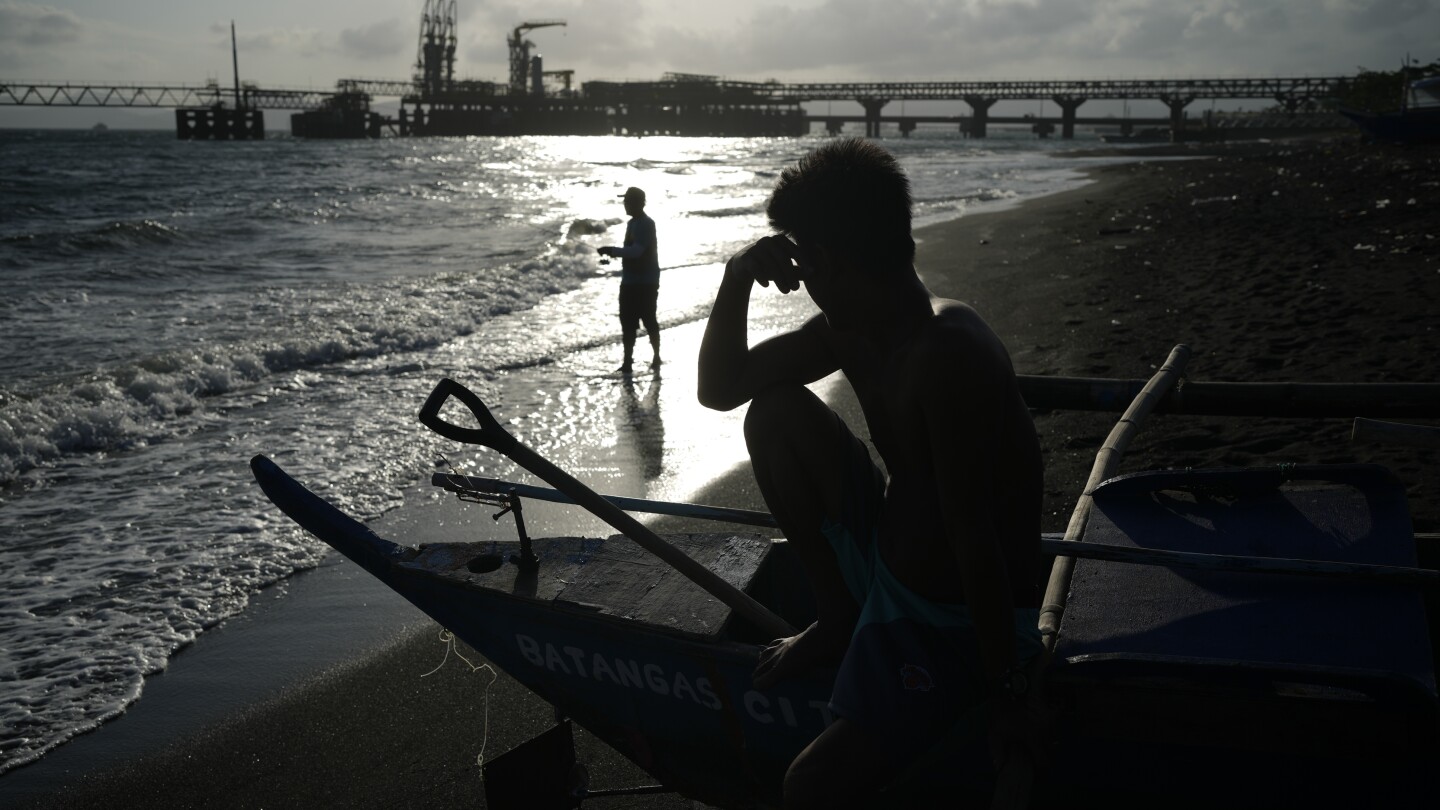- cross-posted to:
- climate@slrpnk.net
- cross-posted to:
- climate@slrpnk.net
This is the best summary I could come up with:
Coral reefs that some marine biologists call the Amazon of the ocean lie just offshore, home to giant clams, nurturing small fish, which in turn are prey for manta rays.
Experts who have studied the country found its future growth could be met entirely with renewables; reliance on natural gas will make power more expensive for Filipinos and there will be other environmental costs.
Natural gas plants require a constant supply of fuel that rises and falls in price on international markets, unlike solar, wind and geothermal electricity, which cost very little to run once they are built.
Their hot water discharge can kill corals; changing the coastline alters flows of seawater and sand, which can disrupt delicate ecosystems, and tanker ships risk importing invasive species.
The Philippines may have made its decision to invest heavily in natural gas in part on the advice of the U.S. Agency for International Development, which encouraged the expansion, arguing in a 2021 paper that the country could realize “strong economic and environmental benefits” by using LNG to meet its energy needs.
Back in Santa Clara, Joseph Vargas, president of a fishing association and husband of Abanil, says most communities have seen no benefit from the power plants built so far, even though Philippine law requires financial support for livelihoods in affected areas.
The original article contains 1,308 words, the summary contains 219 words. Saved 83%. I’m a bot and I’m open source!
China is one of the leading producers of solar panels at exceptionally cheap prices. China and the Philippines are currently in a bit of a sour mood with each other. The US could step in with cheap solar panels if they were researching that, but alas, who do you think is going to be providing them with cheap LNG?
So while the story indicates that solar is at it’s cheapest it’s ever been. Not for the Philippines. The Philippines is a clear cut example of how the United State’s continued resistance to a domestic solar panel production industry is literally hurting their long term prospects. There’s a lot of nations out there that want panels and right now, China is the only serious game.


